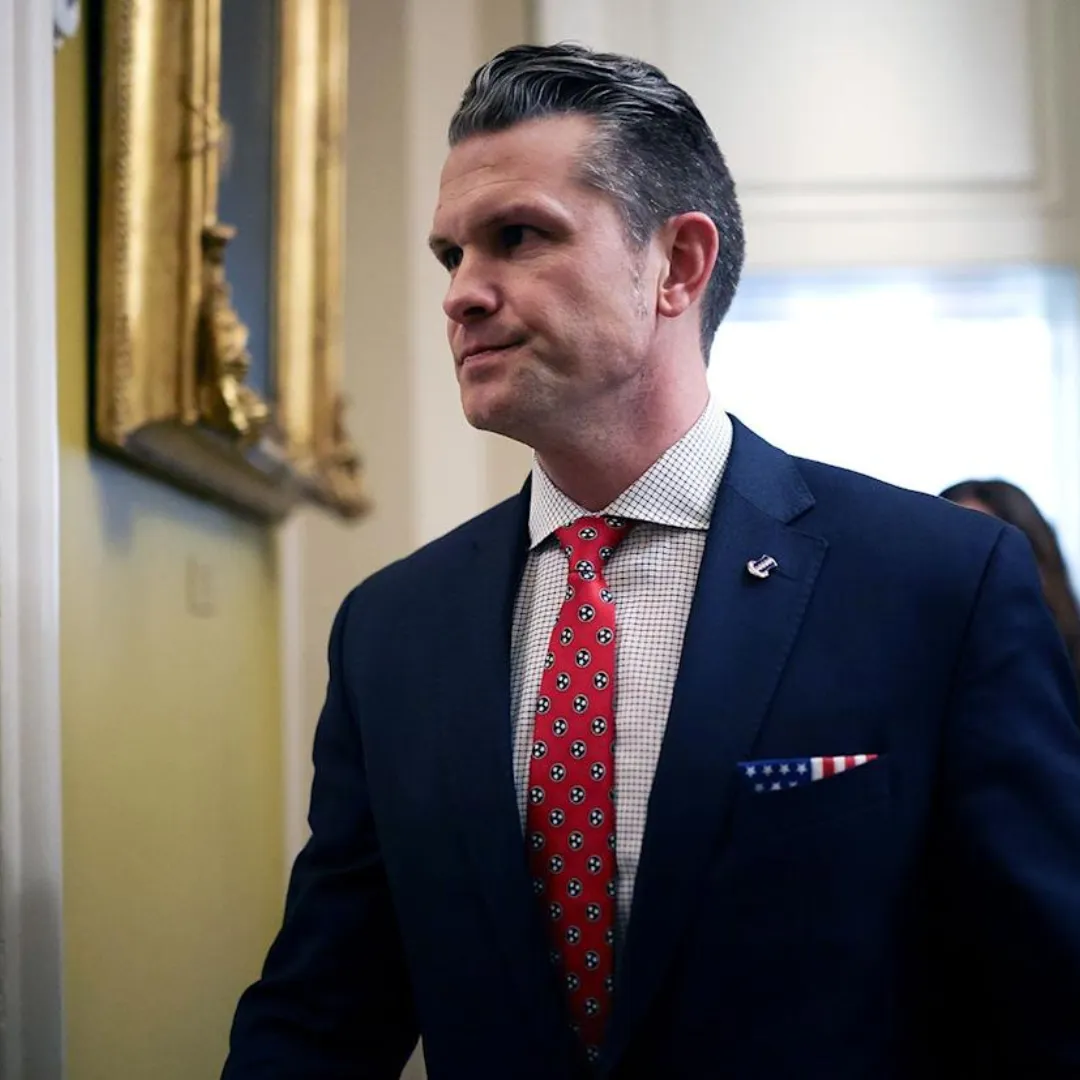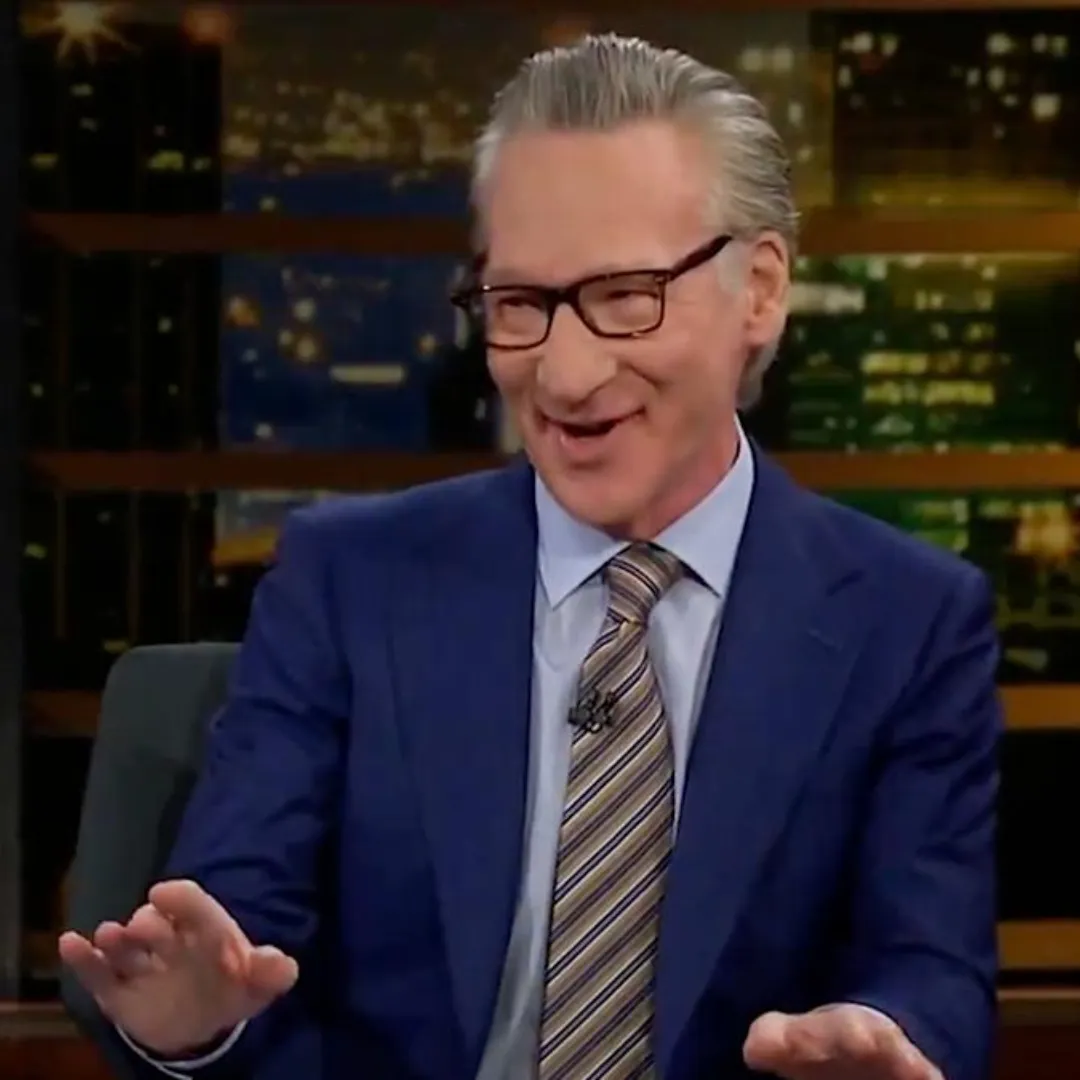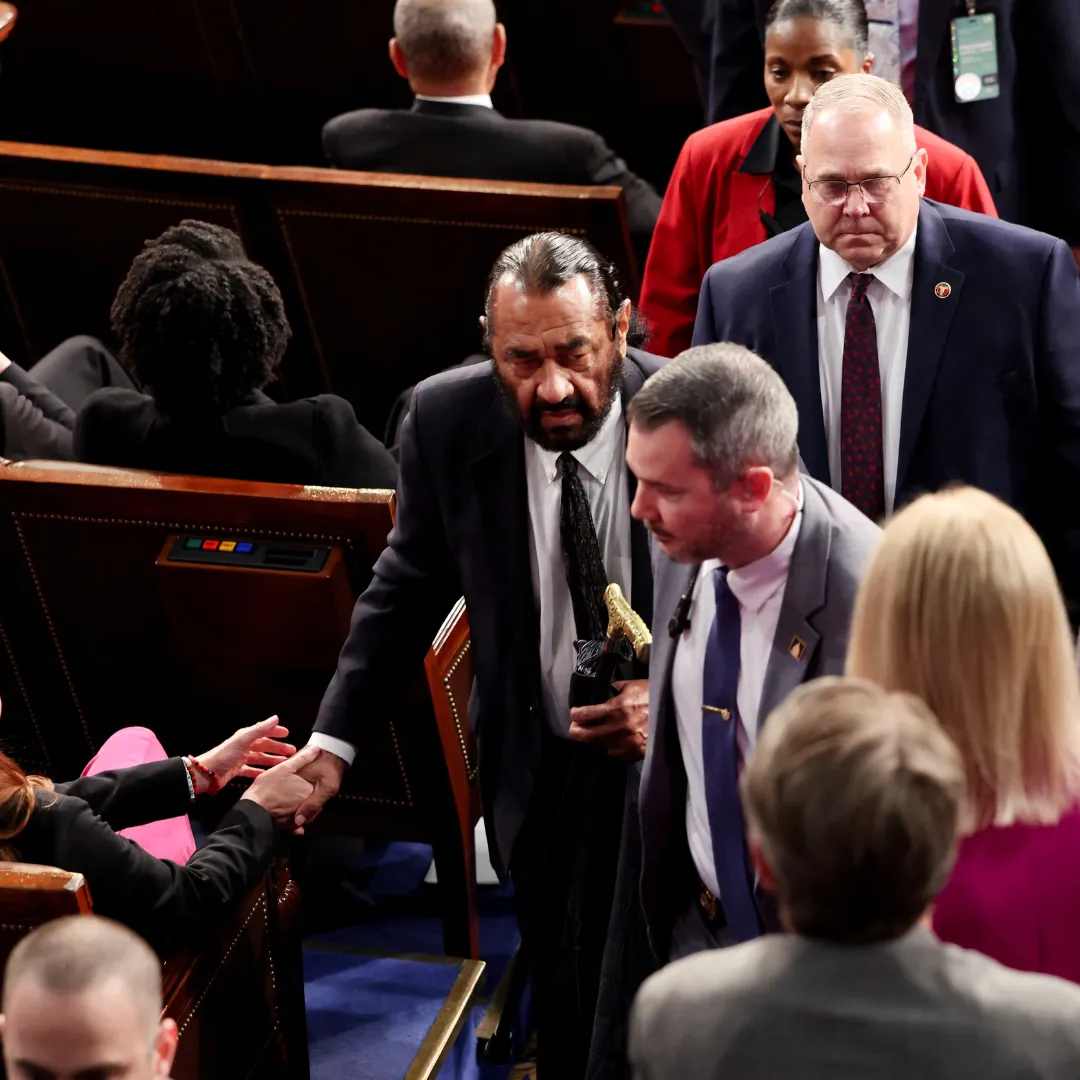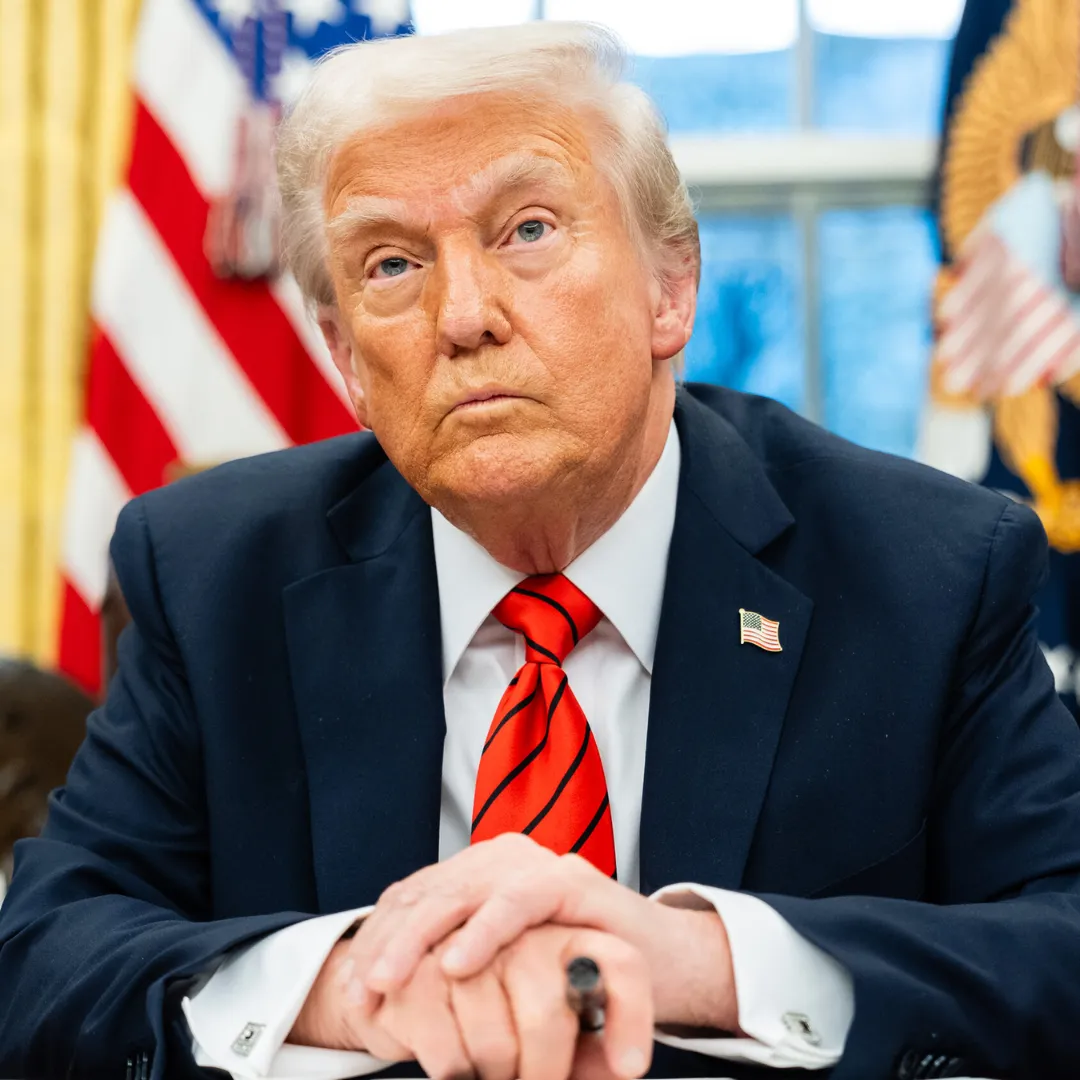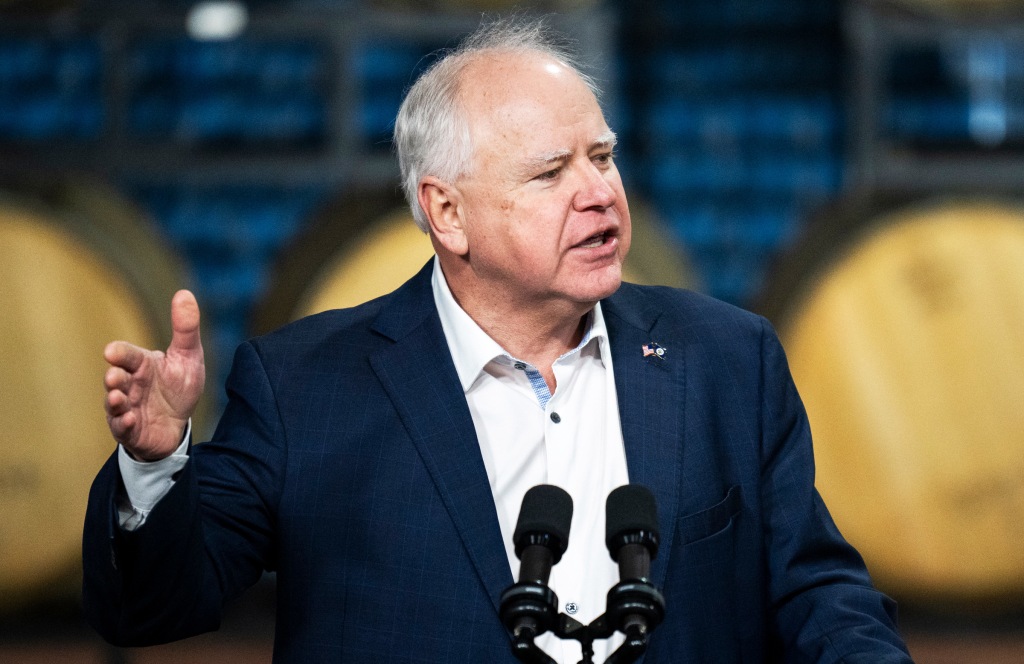
Minnesota Governor Tim Walz did not mince words when sharing his outlook on the upcoming midterm elections, voicing serious concerns about the Democratic Party’s prospects in the Senate.
Speaking during a discussion at Harvard University's Kennedy School Institute of Politics on Monday, Walz painted a mixed picture for Democrats trying to regain their footing amid growing national tensions and political upheaval under the Trump administration.
During the event, Walz joined ABC News reporter Brittany Shepherd for a conversation focused on the future of the Democratic Party. When asked about his predictions for the midterms, Walz expressed cautious optimism for the House but sounded a far more pessimistic note when it came to the Senate.
"I think we will take back the House," Walz said. "I am very pessimistic about the Senate, just to be honest with you."
He further elaborated that "with the way things work, I think it’s a very difficult look," emphasizing that structural disadvantages, political headwinds, and the lingering impacts of national party branding have made the Senate an uphill battle for Democrats.
Walz’s comments come at a time when the political landscape remains volatile, with Republicans still benefiting from the momentum generated by President Trump's return to the White House earlier this year.
Democrats, still reeling from losses in key battleground states, are trying to recalibrate their message and strategy to counteract Trump’s influence and reengage an electorate that appears increasingly polarized.
Reflecting on recent Senate defeats, Walz cited the losses of former Senators Sherrod Brown of Ohio and Jon Tester of Montana as cautionary tales. Despite their individual popularity and moderate reputations, both senators failed to overcome voters' broad perceptions of the Democratic Party during the last election cycle.
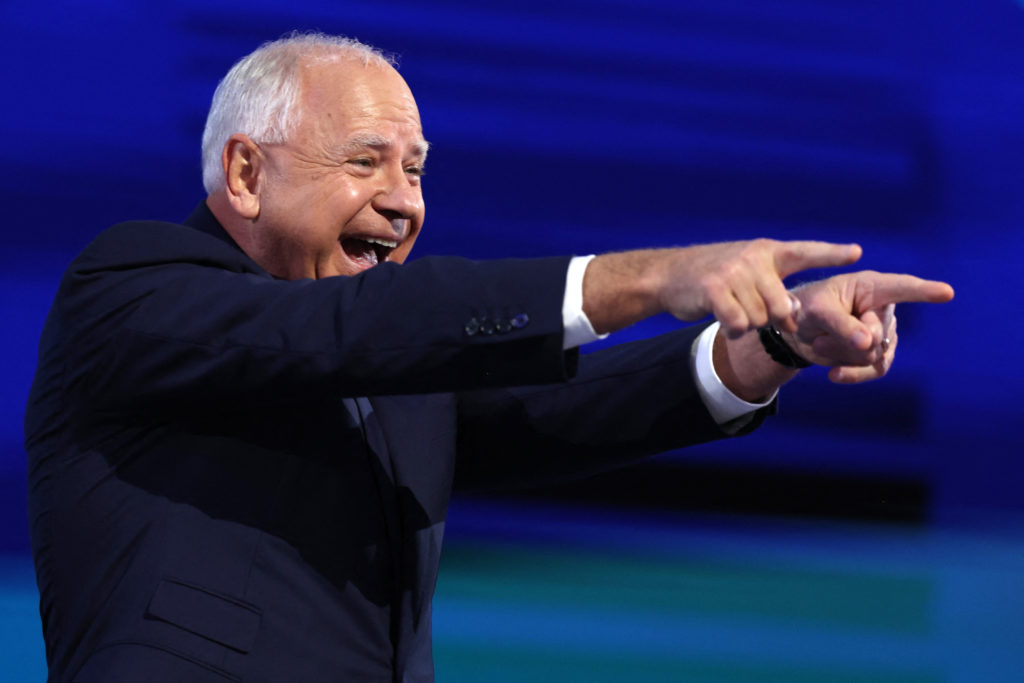
"The thing was, is being associated with national parties and things on these state races, we’re going to have to figure that piece out of, how do we reimagine," Walz said, highlighting one of the core dilemmas facing Democrats.
While local candidates often campaign on state-specific issues and records, national party branding can overshadow individual efforts, especially in conservative-leaning areas.
The impact of national politics on local races is not a new phenomenon, but under the Trump administration, it appears to have intensified. In many parts of the country, party loyalty has become more rigid, and cultural issues often eclipse local concerns.
This dynamic has made it more difficult for Democratic candidates in red or purple states to carve out identities independent of the national party’s image.
Despite his grim view of the Senate, Walz struck a more hopeful tone when discussing the House of Representatives. He pointed to 14 Republican-held districts where Democrats won at the top of the ticket in recent elections.
According to Walz, these districts represent fertile ground for Democratic gains, provided the party can offer a compelling alternative to Trumpism.
He argued that political pressure would eventually force some Republican incumbents to distinguish themselves from Trump if they hope to survive politically.
"There will be a point where some have to distinguish themselves from President Trump to appeal to voters to be reelected in the midterms," Walz said.
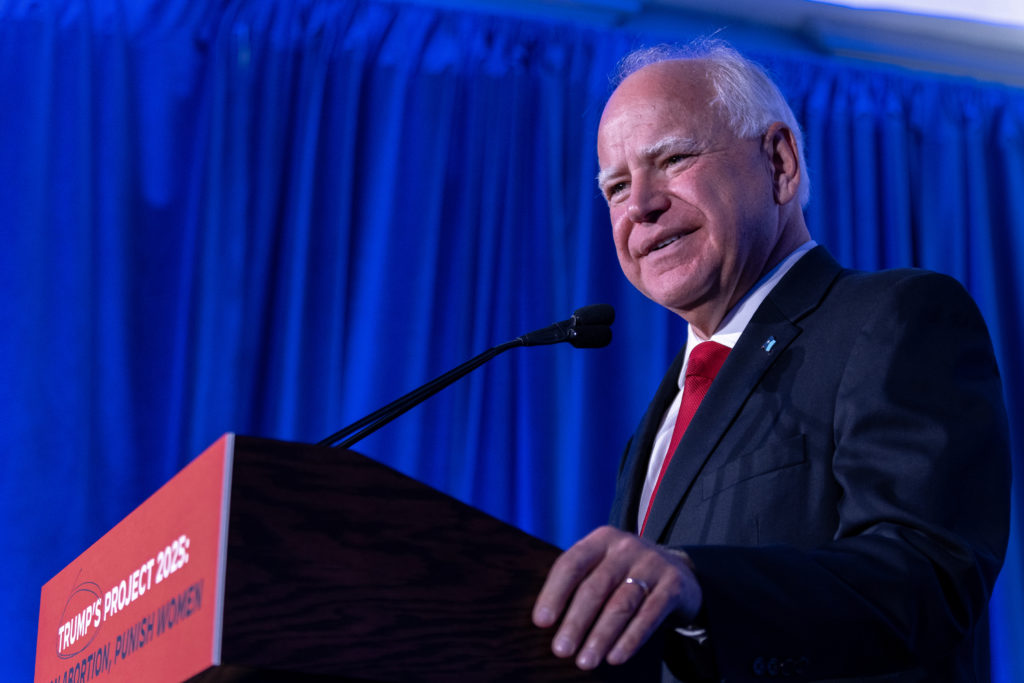
Already, there are signs that some Republicans are beginning to distance themselves from the Trump administration’s more controversial moves. One notable example involves shifts in rhetoric around Medicaid.
As Trump pushes for deep cuts to the federal program, several GOP lawmakers in vulnerable districts have begun to soften their positions, signaling concern about the political blowback such cuts could generate among constituents.
For his part, Walz has been trying to channel public frustration with Trump’s policies into political energy. Over the past several months, he has hosted a series of town hall discussions across the country, seeking to engage directly with voters and highlight the stakes of the upcoming elections.
"I think there’s a lot of wind at our back, but it’s been 100 days of destruction," Walz said, referring to the early months of Trump’s second term. "You think we can survive 550 more? That’s the real challenge. That’s how long it is 'til the midterm."
Walz’s framing underscores the urgency many Democrats feel as they prepare for what could be a defining election. With control of Congress at stake, the outcomes of the 2026 midterms will significantly shape the remainder of Trump’s presidency and the broader trajectory of American politics.
Yet, challenges abound. Despite signs of public dissatisfaction with some aspects of Trump’s governance—particularly his handling of health care, immigration, and trade—Democrats must also confront internal divisions, messaging challenges, and a media environment that often amplifies controversy over substance.
Walz’s comments about needing to "reimagine" Democratic strategies are especially salient in this context. The party must find ways to appeal to a diverse and often divided electorate, balancing progressive energy in urban centers with the need to regain ground in rural and suburban areas where Trump remains popular.
Adding to the difficulty is the entrenched structural advantage Republicans enjoy in the Senate. With each state receiving two senators regardless of population, rural states wield disproportionate influence in the upper chamber.

This reality makes it inherently harder for Democrats, who tend to perform better in more populous urban and suburban states, to achieve a Senate majority.
In practical terms, Democrats would need to defend all of their existing seats while also picking up Republican-held seats in states that often lean conservative. Given recent losses and the current political climate, that task appears daunting.
Still, Walz and other Democratic leaders believe there is an opportunity to create momentum, particularly if Trump continues to pursue polarizing policies that alienate moderates and independents.
Public opposition to Trump’s proposed Medicaid cuts, for instance, could become a rallying point, just as resistance to efforts to repeal the Affordable Care Act energized Democratic voters in past elections.
In districts where Trump’s approval ratings have slipped, Democrats are already laying the groundwork for aggressive campaigns. They are recruiting candidates with strong local ties, emphasizing kitchen-table issues like health care and education, and highlighting the potential risks of another two years of unchecked Republican power.
Walz’s appearances across the country are part of a broader Democratic strategy to nationalize local races without falling into the trap of being perceived as out-of-touch elites. By focusing on tangible issues and the immediate impact of Trump’s policies, Democrats hope to connect with voters on a more personal level.
However, Walz’s own candid assessment suggests that even a well-executed strategy may not be enough to overcome certain structural and political realities. Winning back the House appears within reach, but flipping the Senate will require overcoming not just partisan divisions, but also deep-seated voter skepticism about national political institutions.
As Democrats plot their path forward, they will need to grapple with fundamental questions about the party’s identity, message, and coalition. How can they unify a base that includes both progressive activists and moderate suburbanites?

How can they reclaim lost ground in rural America without alienating core urban constituencies? And how can they counter the enduring appeal of Trump’s populist messaging, particularly among voters who feel disillusioned with the political establishment?
Walz’s remarks serve as a sobering reminder that while opportunities exist, success is far from guaranteed. The road to regaining power in Washington will be long, difficult, and fraught with uncertainty.
For now, the focus remains on building momentum, maintaining public pressure, and preparing for the battles ahead. The stakes, as Walz emphasized, could not be higher.
